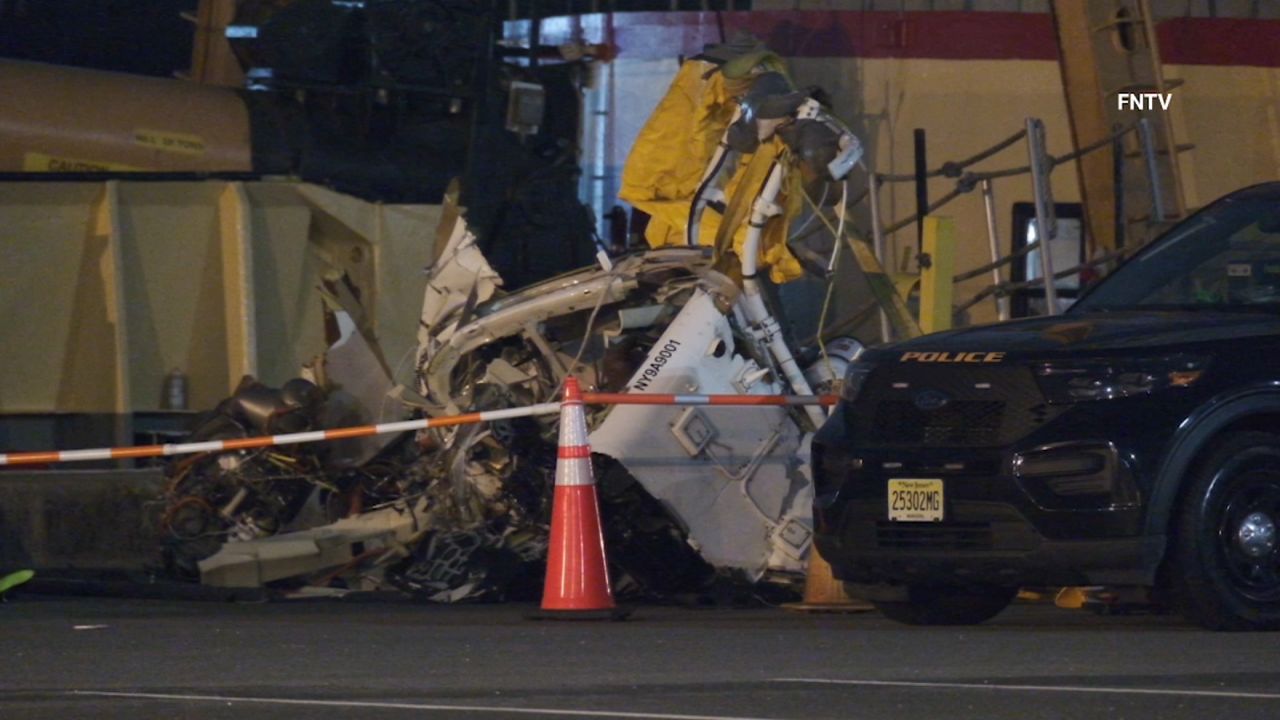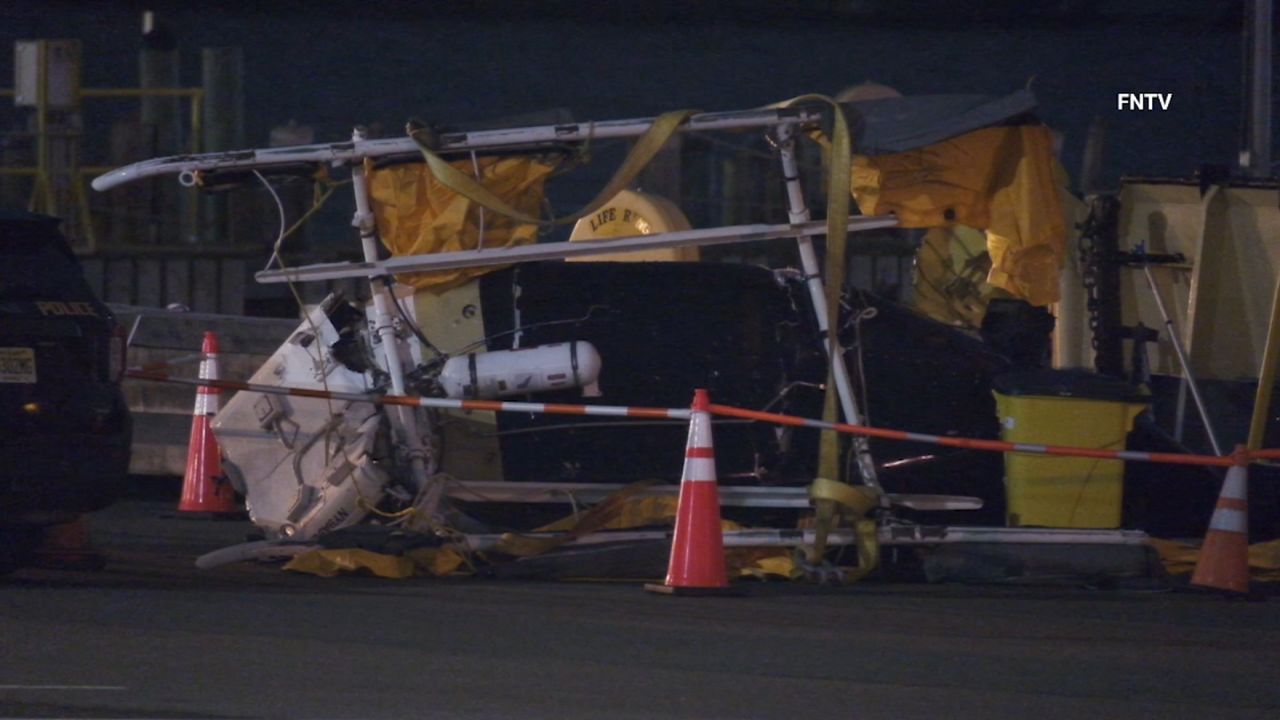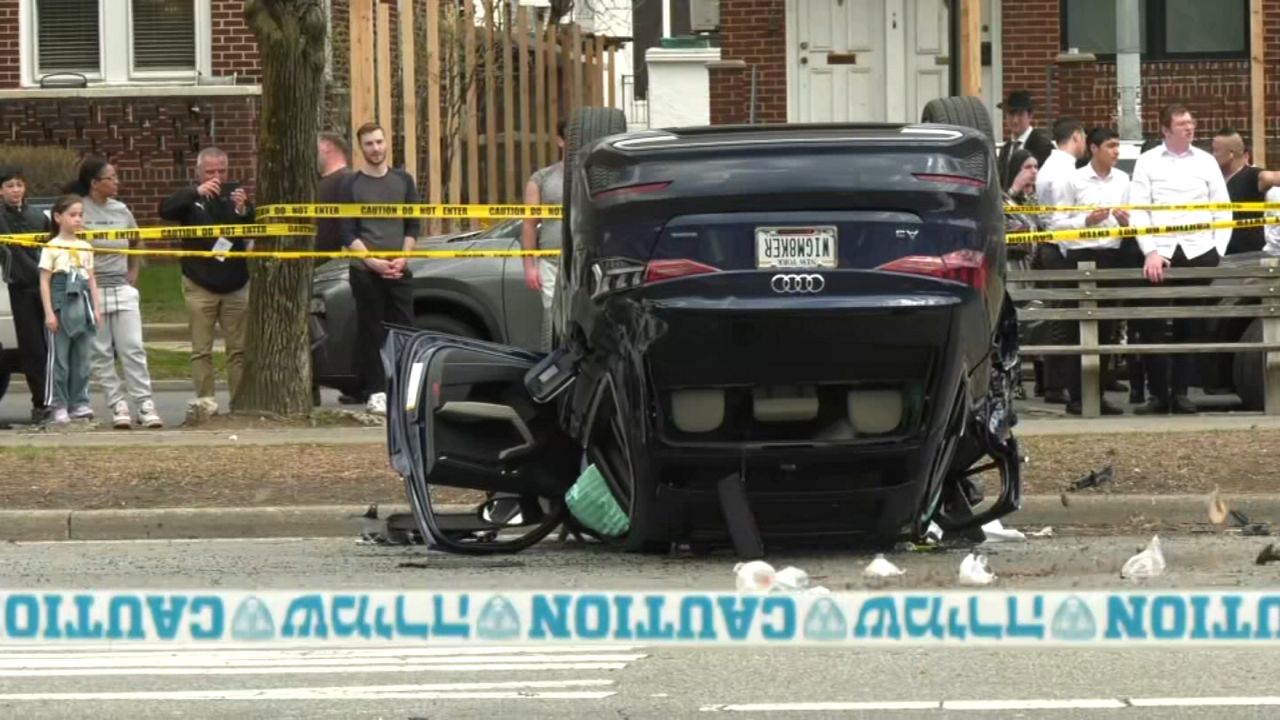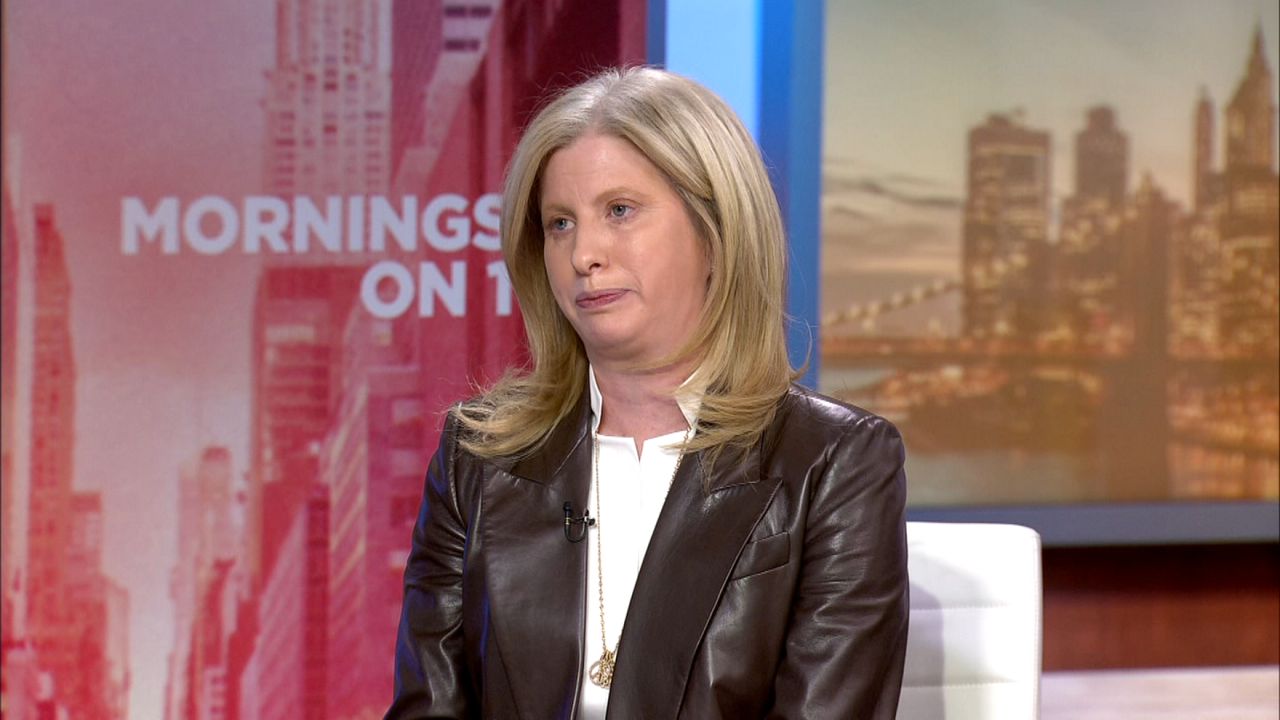NEW YORK - In what he called a "seismic shift," Police Commissioner Dermot Shea announced Monday he's disbanding the department's plainclothes anti-crime unit, which has been involved in several controversial police-involved shootings.
Shea said the roughly 600 officers in the program are being immediately reassigned to detective bureau units and to the department's neighborhood policing initiative.
“This is 21st century policing,” Shea said of the restructuring of the NYPD. “Intelligence, data, ShotSpotter, DNA, building prosecutable cases is expanding the conversation about police reform beyond the idea of just transferring money from the NYPD's budget."
The head of the Police Benevolent Association blasted the decision.
“Shooting and murders are both climbing steadily upward, but our city leaders have clearly decided that proactive policing isn’t a priority anymore," union president Pat Lynch said in a statement. "They chose this strategy. They will have to reckon with the consequences.”
Shea said there are other issues at play that also need to be addressed, such as the ineffectiveness of sending released inmates to homeless shelters, a practice that leads to them engaging with cops again.
The unexpected announcement comes as the city moves to reform the NYPD amid huge protests both here and around the country in response to the death of George Floyd at the hands of a Minneapolis police officer last month.
The City Council is proposing slashing the department's budget by $1 billion in the next fiscal year, which begins next month. Mayor de Blasio has said he supports cuts, but has not committed to a dollar amount.
Speaking on "Mornings On 1” earlier Monday, Shea said the entire system needs to be examined and money should be reallocated from other agencies as well.
"So across the board, when you talk about money that could be saved, yeah we can save money and we can reallocate money to different agencies to deal with things more appropriately but it's got to be a holistic approach that examines not just one agency, but the entire system," Shea said.
Shea added that the city needs to address larger social issues because when the police finally get involved in a situation it's usually too late.









